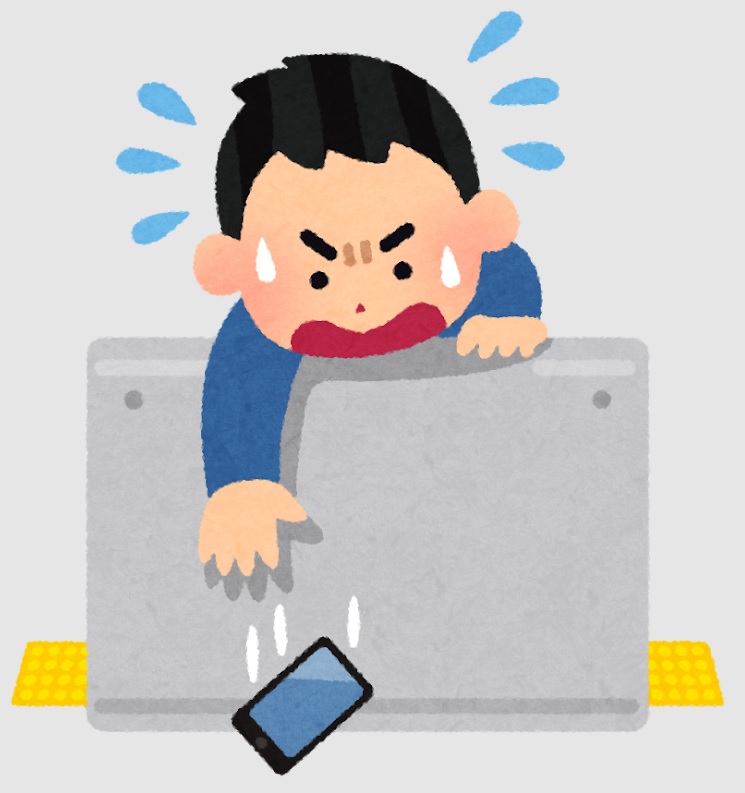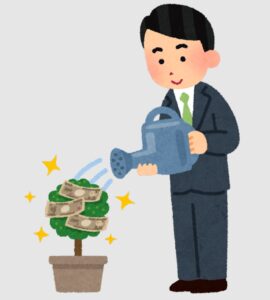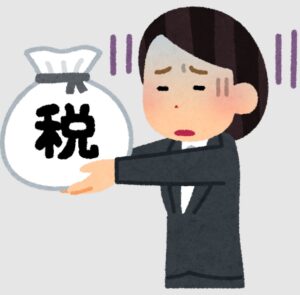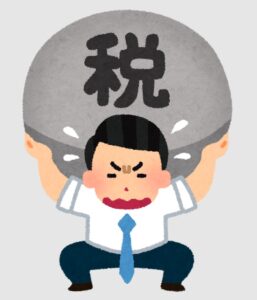管理人オススメコンテンツはこちら
「どこに投下するか|無駄な支出を減らし、未来への投資を始めよう」
〜前回のつづき〜
●手放す勇気が、抜け出す一歩~家も、保険も、車も、”常識”ごと見直せ~(つづき)

(4)通信費
3大キャリアである必要は無く
格安SIMで十分です。
もったいないですよね?
毎月毎月
5千円給料を上げるというのは
大変なので
やはり
見直したいところですよね。
(5)その他固定費
(6)大きな買い物の見直し
・マイホーム
・結婚式
・お葬式
・教育費
などです。

とか

とか
この辺は全体的に
今までのお話しを読んでもらえれば
よろしいかと思います。
そういう話をすると

とか
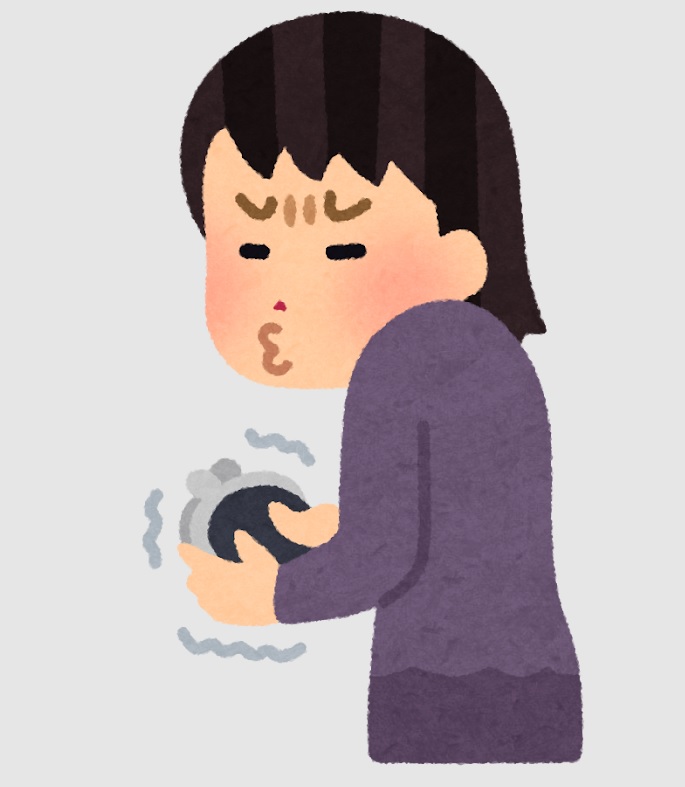
「固定費ばかり下げて
心が寂しくなっちゃう!」
とか

と思う人もいるかもしれません。

とか

とか色々あると思うんですけど
別に固定費をなんでもかんでも
闇雲に下げろと
言ってる訳じゃないんですよ。
例えば
・食費を削る
・電気をこまめに消す
そんな事は言ってません。
コストパフォーマンスが悪い
節約をしても
心が寂しくなるだけなので
これは長続きしない。
精神的にストレスにもなる。
良く言われるんですけど

とか

とか
そういう事を
言ってる訳ではありません。
伝えたいのは
・限りある資源
・限りあるお金
をどこに投下するか考えようという事です。
別にお金持ちなんだったら
気にしなくてもいい訳ですよ。
すでにお金持ちで
別に親からお金をもらえるとか
何でもいいんですけど
別にお金に困ってないという人は
ジャブジャブ使ったらいいんですよね。
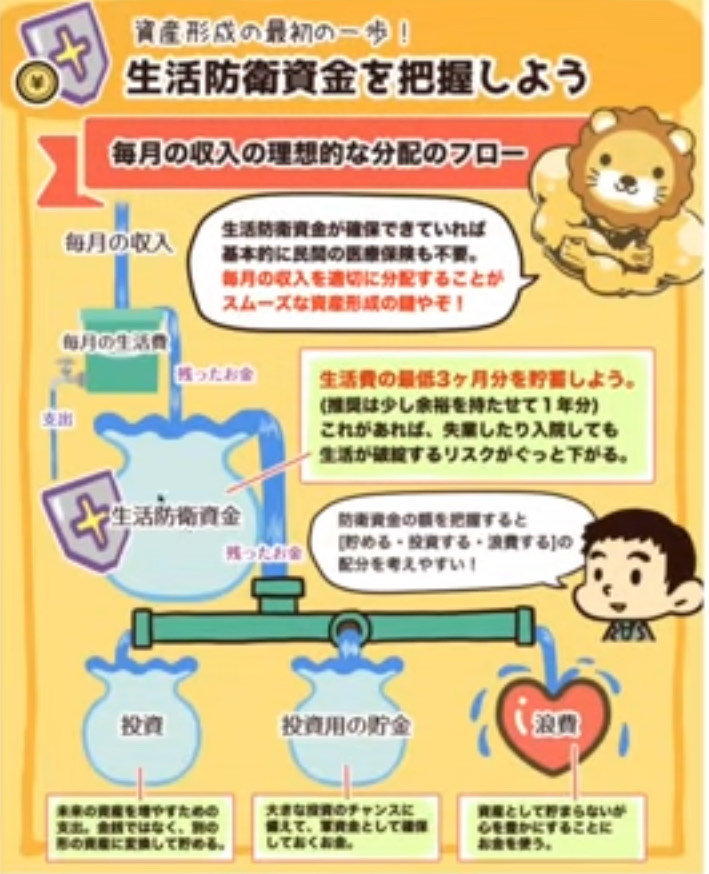
(出典:リベラルアーツ大学)
ただ一般的な
普通の8割以上の人というのは
・固定費を下げる
↓
・収入を上げる
↓
そして投資に回す。
でなければ
そこそこ豊かな生活は
それすら無理という状況ですよね?
いっぱいいっぱいの生活に
なっちゃうんですよね。
お金持ちでも実際
固定費には敏感なんですよ。
お金持ちとか
会社が破産するのも
基本的には売上が悪くなった
と言われがちなんですけど
もちろんそれは原因の一つですが
やはり固定費が高くなるから
破産するんですよね。
固定費が安いところというのは
潰れにくいですよね。
なので
自分にとって無駄な支出を減らそう
という話をしているんです。
周りが言うからとか
世間的には〇〇だからとか
そういうのを見直そうという事です。
そこを考えましょうという話です。
〜〜〜つづく〜〜〜
Special Thanks college president Ryo.
を下げれば人生が身軽になる~6~-1024x248.png)
●おまけ
≪≪perplexityちゃんによる文章まとめ≫≫
家や保険、車といった「常識」とされてきた支出も含め、固定費の見直しが大切だと述べています。
例えば通信費も大手キャリアにこだわらず、格安SIMで十分です。
固定費を減らすことで収入アップ以上の効果が得られることもあります。
大きな買い物や教育費も「世間的に当たり前」だからではなく、本当に必要かを自分の価値観で判断しましょう。
ただし無理な節約や心が寂しくなるような倹約は続かず、ストレスになります。
「限られたお金をどこに使うか」をしっかり考え、自分にとって不要な支出を勇気を持って手放すことが豊かな生活への第一歩となります。
- https://media.invoice.ne.jp/column/invoice-tips/cost-cut.html
- https://ilink-corp.co.jp/8140.html
- https://www.mgrp.jp/topics/profit01/
- https://www5.cao.go.jp/keizai3/2017/0118nk/n17_3_1.html
- https://www.m-keiei.jp/musashinocolumn/management/cost-reduction
- https://j-net21.smrj.go.jp/qa/productivity/Q0241.html
- https://www.bizup.jp/sol_i_h/nenkei/02/02_05.html
≪≪Chat-GPTくんによる英訳≫≫
~Continuation from the previous post~
【The Courage to Let Go Is the First Step Toward Freedom — Reevaluate Your House, Insurance, Car, and Even “Common Sense” (Continued)】
(4) Communication Costs
There’s no need to stick with the big three carriers.
A budget SIM is more than enough.
Isn’t it wasteful?
Raising your salary by 5,000 yen every month is tough,
so it makes sense to review your spending in this area.
—
(5) Other Fixed Costs
(Details omitted, but this refers to various ongoing expenses.)
—
(6) Reviewing Major Expenses
Buying a house
Weddings
Funerals
Education costs
Etc.
> “Do we really need to send our kids to private school?”
> “Do we really have to have a flashy wedding?”
If you’ve read the previous sections, this probably makes sense.
—
When this kind of conversation comes up, people often say:
> “That kind of life sounds boring!”
> “Cutting fixed costs just makes life feel empty!”
> “I don’t care about that stuff!”
Or:
> “Of course we need a house!”
> “The car has to be like this!”
And so on.
But I’m not saying you should blindly slash all fixed costs.
For example:
Cutting back on food
Constantly turning off the lights to save electricity
That’s not what I’m talking about.
Making sacrifices with poor cost-performance just ends up making you feel empty.
It won’t last long and only creates mental stress.
—
People often say:
> “Let’s become minimalists!”
> “Let’s get rid of everything we own!”
But that’s not what I’m suggesting either.
What I want to communicate is this:
You should think carefully about where you invest your limited resources and limited money.
—
If you’re already wealthy,
if you have family support,
or money is simply not a concern,
then sure — spend freely.
(Source: Liberal Arts University)
But for most people — probably over 80% — this is the reality:
1. Lower your fixed costs
2. Increase your income
3. Invest the difference
Otherwise, even a moderately comfortable life is out of reach.
Life becomes financially overwhelming.
Even wealthy people are actually sensitive to fixed costs.
When rich people or companies go bankrupt,
people often say,
“It’s because sales dropped.”
Of course, that’s part of it.
But the real issue is often high fixed costs.
Businesses with low fixed costs are much less likely to go under.
—
So the point is:
Let’s reduce unnecessary expenses.
Not because “everyone says so,”
not because “society expects it,”
But because it makes sense for you.
That’s what we should be thinking about.
Special Thanks OpenAI and Perplexity AI, Inc
